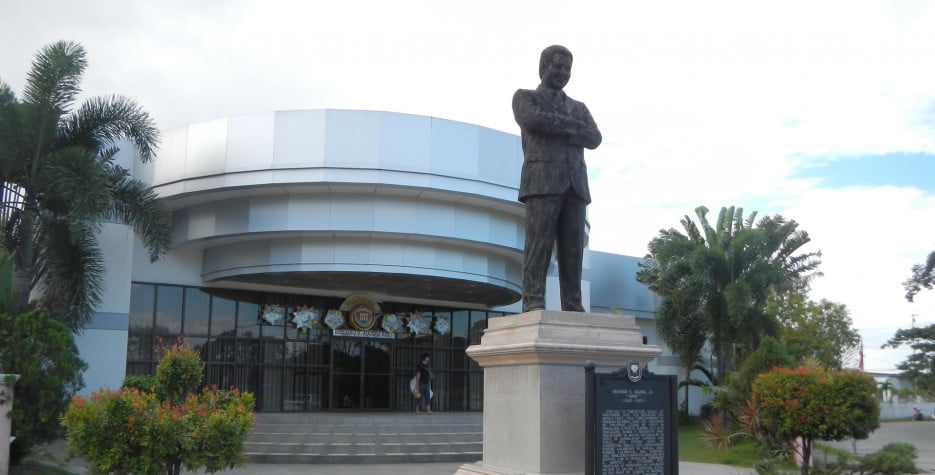History of Ninoy Aquino Day
This national non-working holiday is celebrated annually on August 21st. In Filipino, it is known as 'Araw ng Kabayanihan ni Ninoy Aquino'.
The holiday commemorates the assassination of former Senator Benigno 'Ninoy' Aquino, Jr. on this day in 1983.
His wife was Corazon Aquino, who later became President of the Philippines, and as a couple, they are seen as two heroes of democracy in the Philippines.
History of Ninoy Aquino Day
In the early 1970s, Aquino was a prominent critic of the President of the Philippines at that time - Ferdinand Marcos. Martial law was declared in September 1972 and Aquino was imprisoned. While in prison, Aquino continued to campaign for democracy and even stood for election.
In 1980, he suffered two heart attacks and rather than treat him and have something go wrong and get accused of intentionally treating him badly, the Filipino authorities allowed him to leave to go to the United States for medical treatment, where he remained in exile for about three years.
His intention was to return to the Philippines to challenge Marcos in the parliamentary elections of 1984. On August 21st 1983, while he was being escorted off the plane at Manila International airport, he was shot and killed.
The assassination led to major political upheaval in the Philippines and in 1986 after a snap presidential election, Corazon Aquino was elected president.
Did you know?
The scene of his death, Manila International Airport has since been renamed Ninoy Aquino International Airport in his honour,
The holiday first celebrated in 2004 after the Republic Act 9256. The holiday was included as part of President Arroyo's program of 'holiday economics', which adjusted the date of public holidays so that they would be taken on the nearest Monday to boost the tourism industry with long weekends. It was moved back to its original date by President Benigno Aquino III (Aquino's son) in 2010.


